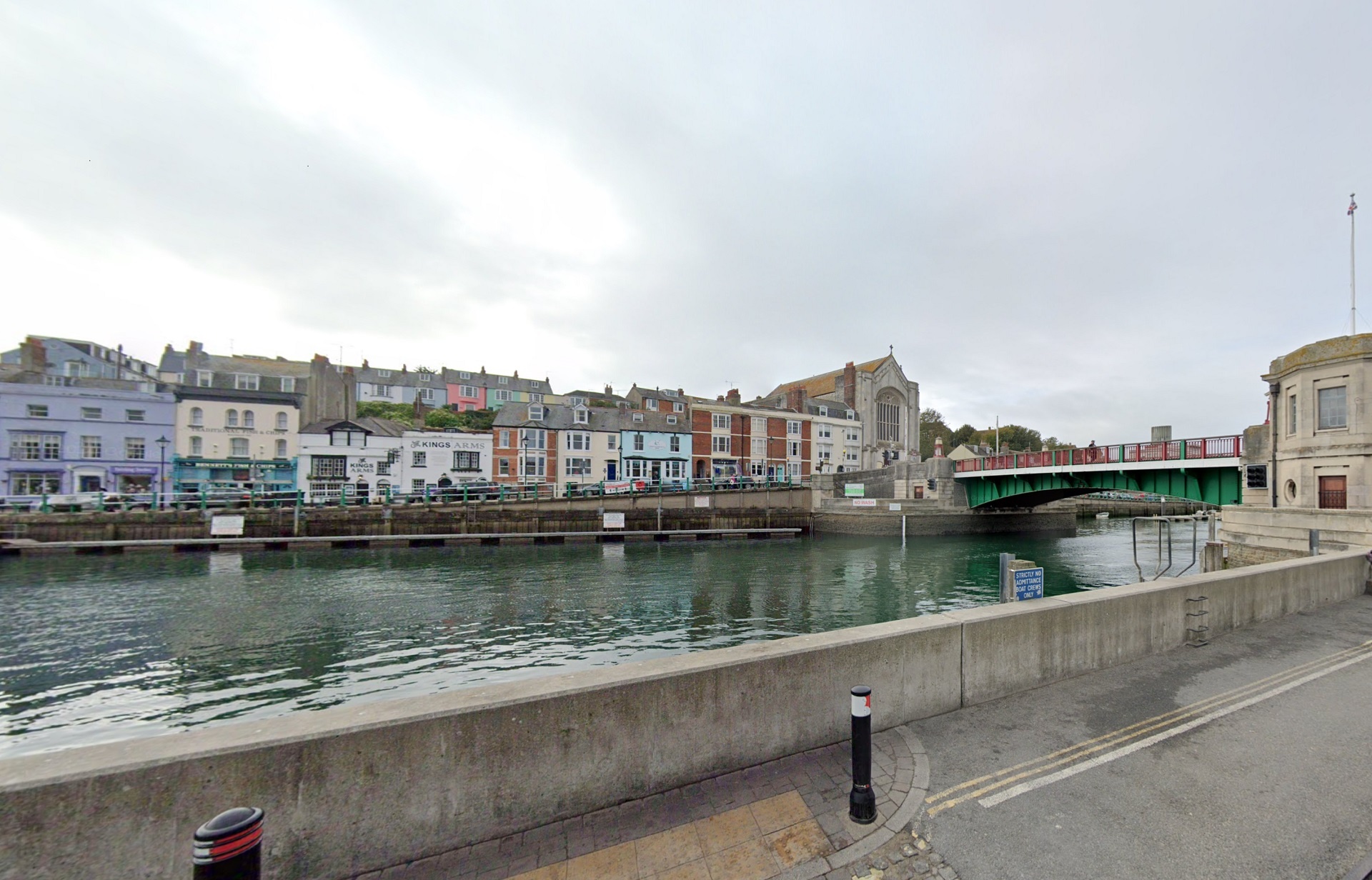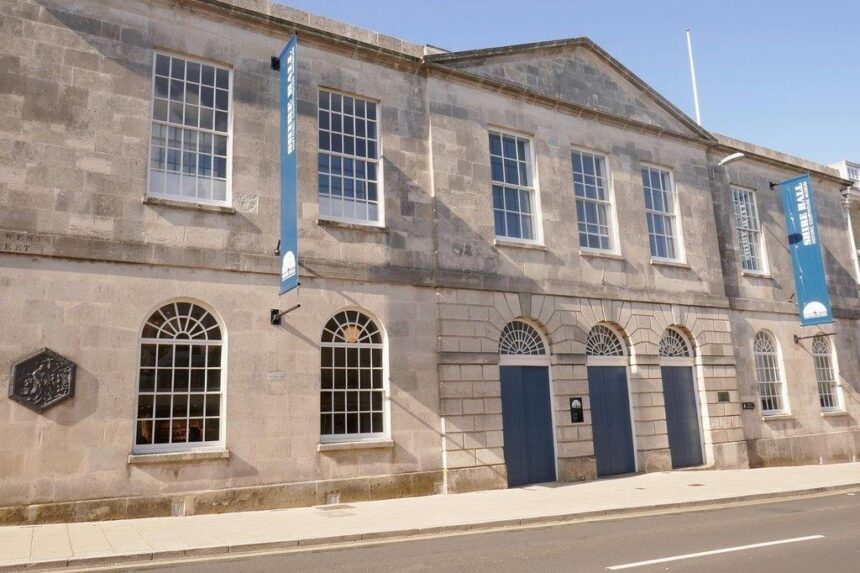Shire Hall is one of 445 heritage organisations across the country set to receive a lifesaving financial boost from the government thanks to the £1.57 billion Culture Recovery Fund to help them through the coronavirus pandemic.
445 organisations will share £103 million, including Shire Hall to help restart vital reconstruction work and maintenance on cherished heritage sites, keeping venues open and supporting those working in the sector.
Shire Hall received £109,800 which will help secure the future of Shire Hall and 11 local jobs. The museum will use part of the funding to expand its learning programme to deliver remote sessions, meaning the museum can engage with schools nationally and locally.
This vital funding is from the Culture Recovery Fund for Heritage and the Heritage Stimulus Fund – funded by Government and administered at arms length by Historic England and the National Lottery Heritage Fund. Both funds are part of the Government’s £1.57 billion Culture Recovery Fund which is designed to secure the future of Britain’s museums, galleries, theatres, independent cinemas, heritage sites and music venues with emergency grants and loans.
433 organisations will receive a share of £67 million from the Culture Recovery Fund for Heritage to help with costs for operating, reopening and recovery. This includes famous heritage sites across the country, from Wentworth Woodhouse in Yorkshire to Blackpool’s Winter Gardens, Blyth Tall Ship to the Severn Valley Railway, the International Bomber Command Centre in Lincolnshire to the Piecehall in Halifax. The funds will save sites that are a source of pride for communities across the country.
12 organisations, including English Heritage, Landmark Trust, Historic Royal Palaces and the Canal and River Trust, will receive £34 million from the Heritage Stimulus Fund to restart construction and maintenance on cherished heritage sites to preserve visitor attractions and protect livelihoods for some of the most vulnerable heritage specialists and contractors in the sector.
The Architectural Heritage Fund (AHF) has also been awarded a grant from the Culture Recovery Fund through Historic England. The AHF will use the funding to support charities and social enterprises occupying historic buildings to develop new business plans and strategies for organisations affected by the pandemic.
Culture Secretary Oliver Dowden said: “As a nation it is essential that we preserve our heritage and celebrate and learn from our past. This massive support package will protect our shared heritage for future generations, save jobs and help us prepare for a cultural bounceback post covid.”
Lucy Worsley, Chief Curator, Historic Royal Palaces, said: “There’s no truer way to experience the past than to walk in the footsteps of those who have lived it – that’s why preserving our built heritage is so important.
“At Historic Royal Palaces, we care for six nationally significant buildings, opening them to the public and preserving them for future generations. Sadly, the pandemic meant that we had to stop some of our critical conservation work. The grant we have received from the Culture Recovery Fund will enable to this work to resume – so we can give some of Britain’s most historic buildings the care and attention they deserve, while supporting the specialist craftspeople who are vital for the future of our national heritage. We are enormously grateful to the Government for this support.”
Shire Hall Director, Miss Abbie King said “This help from the lottery comes with a massive sense of relief for all the staff here at Shire Hall. We are so thankful and can carry in our work of telling the stories of the people who came through our courthouse.”
Shire Hall opened to the public in May 2018, following extensive restoration work to the building that dates back to the 18th Century. The museum’s aim is to help everyone explore the history of law and order, as well as past and present efforts to achieve justice for all people.
Shire Hall Historic Courthouse Museum is famous as the courtroom in which the Tolpuddle Martyrs were trialled and sentenced to transportation to Australia in 1824. The backlash that followed their harsh punishment, which saw thousands marching through the streets of London calling for justice, would lead to the formation of the modern-day Trade Union movement.
An award wining interactive ‘living’ museum, it uses real-life stories and iPad guides to let visitors walk in the footsteps of those whose lives were changed or even ended by their experiences there. These stories include a young man who would grow up to become the executioner for Ned Kelly and Martha Brown – the last woman to be publicly hung for murdering her abusive husband. The museum asks, how would they be treated now?
Duncan Wilson, Historic England’s Chief Executive said: “It is heartening to see grants, both large and small, from the Government’s Culture Recovery Fund helping heritage sites and organisations across the country which have been hit hard by the effects of Covid-19. These grants range from giving skilled craft workers the chance to keep their trades alive to helping heritage organisations pay the bills, and to kick-starting repair works at our best-loved historic sites. The funding is an essential lifeline for our heritage and the people who work tirelessly to conserve it for us all, so that we can hand it on to future generations.”
Ros Kerslake, Chief Executive of the National Lottery Heritage Fund said: “It is absolutely right that investing in heritage should be a priority during this crisis and this support by Government is crucial. Heritage creates jobs and economic prosperity, is a major driver for tourism and makes our towns, cities, and rural areas better places to live. All of this is so important for our wellbeing and will be particularly vital when we start to emerge from this incredibly difficult time.
“Our heritage is still facing a perilous future – we are not out of the woods yet. But this hugely welcome funding from Government, and the money we continue to invest from the National Lottery, has undoubtedly stopped heritage and the organisations that care for it being permanently lost.”
Kate Mavor, Chief Executive of English Heritage, said: “This support for our nation’s heritage is fantastic news. Over the last few months, our teams have been working hard to welcome visitors back safely to the great castles, stone circles, abbeys and historic houses in our care. This funding will help us invest to safeguard the historic fabric of these much-loved places, which everyone can learn from and enjoy.”
















